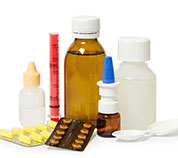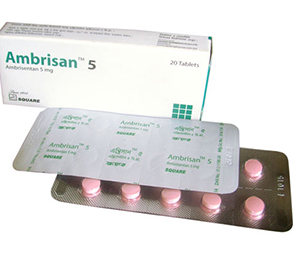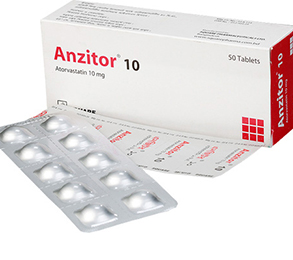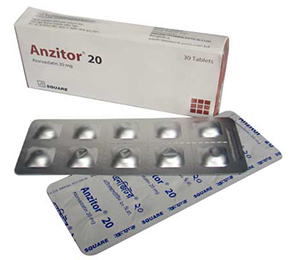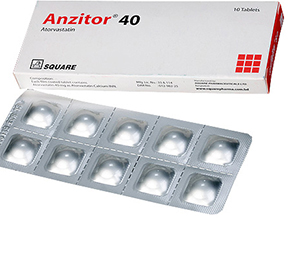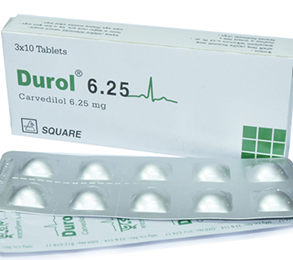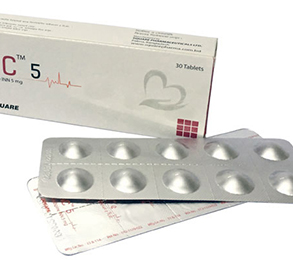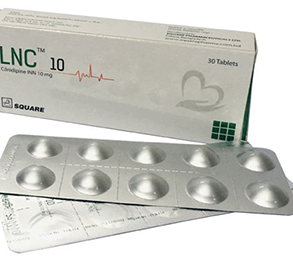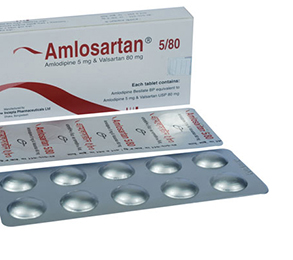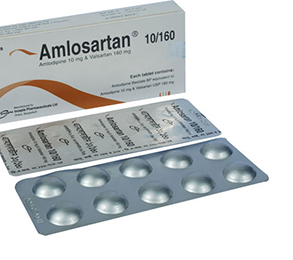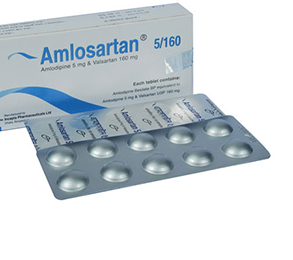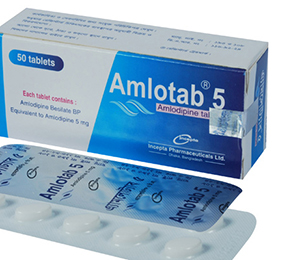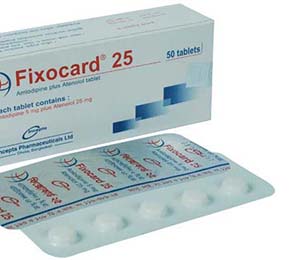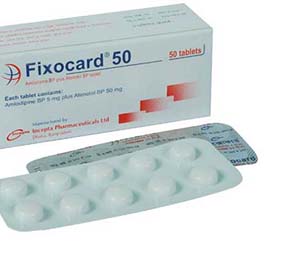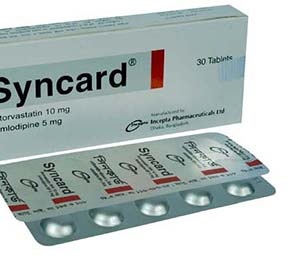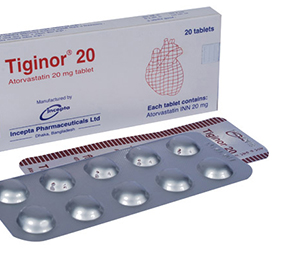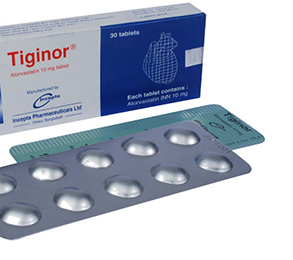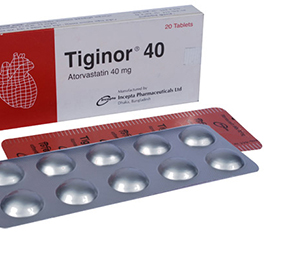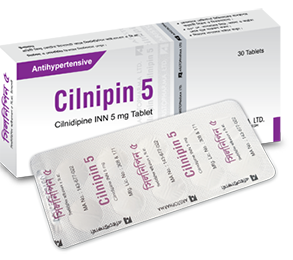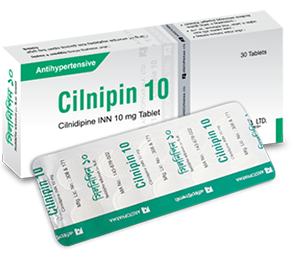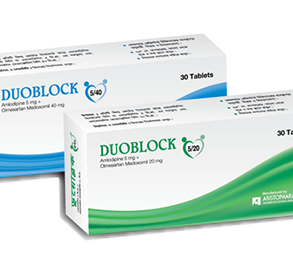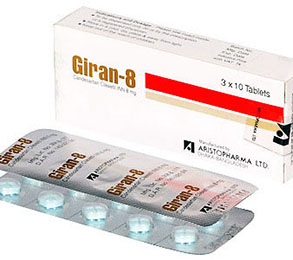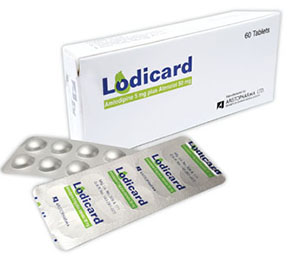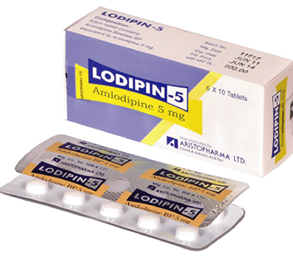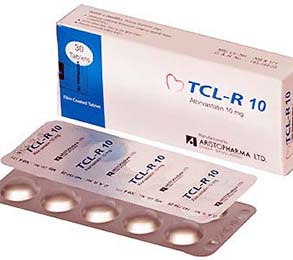Acuren 50 10 Pcs
Alternative products
Hydrochlorothiazide
Indications
Hydrochlorothiazide is indicated in-
- Edema associated with congestive heart failure, hepatic cirrohosis, various forms of renal dysfunction and corticosteroid and estrogen therapy
- Management of hypertension either as the sole therapeutic agent or to enhance the effectiveness of other antihypertensive drugs in the more severe form of hypertension
- Management of diabetes insipidus
- Management of proximal renal tubular acidosis
- Idiopathic hypercalciuria and calcium nephrolithiasis, osteoporosis and exercise induced hyperkalemia
Therapeutic Class
Thiazide diuretics & related drugs
Pharmacology
Thiazides such as hydrochlorothiazide promote water loss from the body (diuretics). They inhibit Na+/Cl- reabsorption from the distal convoluted tubules in the kidneys. Thiazides also cause loss of potassium and an increase in serum uric acid. Thiazides are often used to treat hypertension, but their hypotensive effects are not necessarily due to their diuretic activity. Thiazides have been shown to prevent hypertension-related morbidity and mortality although the mechanism is not fully understood. Thiazides cause vasodilation by activating calcium-activated potassium channels (large conductance) in vascular smooth muscles and inhibiting various carbonic anhydrases in vascular tissue.
Dosage & Administration
Adults-
For Edema: The usual adult dosage is 25 to 100 mg daily as a single or divided dose.
For Control of Hypertension: The usual initial dose in adults is 25 mg daily given as a single dose. The dose may be increased to 50 mg daily, given as a single or two divided doses. Doses above 50 mg are often associated with marked reductions in serum potassium. In some patients (especially the elderly) an initial dose of 12.5 mg daily may be sufficient.
Infants and children-
For diuresis and for control of hypertension: The usual pediatric dosage is 1 to 2 mg/kg/day in single or two divided doses, not to exceed 37.5 mg per day in infants up to 2 years of age or 100 mg per day in children 2 to 12 years of age. In infants less than 6 months of age, doses up to 3 mg/kg/day in two divided doses may be required.
* চিকিৎসকের পরামর্শ মোতাবেক ঔষধ সেবন করুন'
Interaction
Alcohol, Barbiturates, or Narcotics: Potentiation of orthostatic hypotension may occur.
Antidiabetic Drugs (oral agents and insulin): Thiazides can impair control of diabetes mellitus by diet and antidiabetic Drugs. Antihypertensive Drugs: Additive effect or potentiation.
Contraindications
Hydrochlorothiazide is contraindicated to the patients of anuria and those who are sensitive to hydrochlorothiazide or to other sulfonamide-derived drugs. Therapy is not to be initiated in diabetes mellitus.
Side Effects
Generally, Hydrochlorothiazide is well tolerated. However, a few side effects may occur like weakness, restlessness, dizziness, headache, fever, diarrhea, vomiting, sialadenitis, cramping, constipation, gastric irritation, nausea, anorexia, and hypotension. In rare case hyperglycemia, glycosuria, hyperuricemia and muscle spasm may occur.
Pregnancy & Lactation
Pregnancy: Evidence of fetal risk in hydrochlorothiazide therapy is found, but it is indicated if benefits outweigh risks. Thiazides are indicated in pregnancy when edema is due to pathologic causes.
Lactation: Neonatal side effects have been seen incase of hydrochlorothiazide therapy and therefore it is not recommended.
Precautions & Warnings
Thiazides should be used with caution in patients with severe renal disease, impaired hepatic function or progressive liver disease and gout.
Use in Special Populations
Elderly: in some patients specially the elderly an initial dose of 12.5 mg daily may be sufficient.
Children: An initial dose for children has been 1 to 2 mg per kg body-weight in 2 divided doses. Infants under 6 months may need doses upto 3 mg per kg daily.
Overdose Effects
The most common signs and symptoms observed are those caused by electrolyte depletion (hypokalemia, hypochloremia, hyponatremia) and dehydration resulting from excessive diuresis. Rarely, autoimmune hemolytic anemia and other hypersensitivity reactions may complicate the picture.
In the event of over dosage, symptomatic and supportive measures should be employed. Emesis should be induced or gastric lavage performed. Correct dehydration, electrolyte imbalance, hepatic coma and hypotension by established procedures. Hemodialysis can be used successfully to treat severe intoxication.
Storage Conditions
Store between 15-30°C. Protect from light, moisture and freezing.
- Type Tablet
- Tag
- Morbi leo risus
- Porta ac consectetur ac
- Vestibulum at eros




